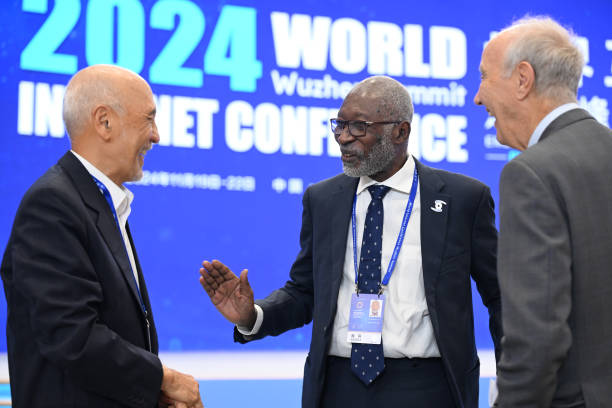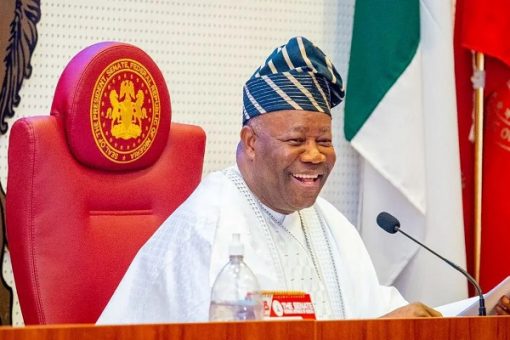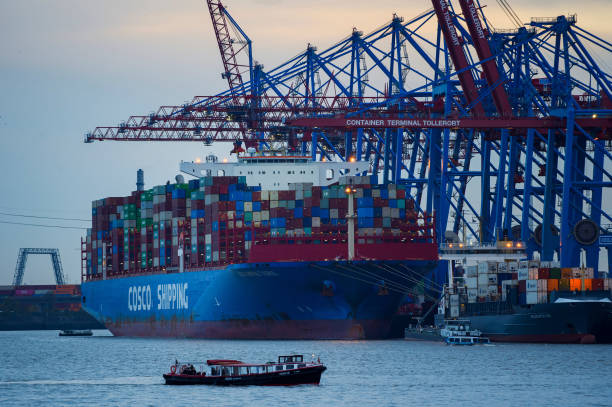In 2024, the relationship between Africa and China has evolved into a multifaceted partnership, driven by both new agreements and the intensification of long-standing collaborations. The year marks an important juncture for the continent and its largest trading partner, with both parties navigating complex geopolitical and economic landscapes to reshape their roles on the global stage.
A New Era of Modernization and Economic Cooperation
China’s commitment to Africa is more pronounced than ever, with both sides focusing on enhancing infrastructure, agriculture, digital technologies, and climate change resilience. One of the highlights has been the renewed focus on modernization, a theme that permeated the September 2024 Forum on China-Africa Cooperation (FOCAC). Here, China pledged to invest nearly $50 billion in African countries by 2027, targeting sectors such as green energy, digital economy, and sustainable development
.
This year, China also formalized its commitment to a “Green and Low-Carbon” future in Africa through initiatives like the Belt and Road Initiative (BRI), which is closely tied to investments in renewable energy, from solar farms in Zambia to hydroelectric projects in Nigeria
. Additionally, China is championing the digital transformation of African economies, proposing a comprehensive action plan to advance the continent’s digital infrastructure and e-commerce capabilities
.
Building Stronger Political and Diplomatic Ties
The political bond between China and Africa has reached new heights, as African leaders increasingly look to China for alternatives to the Western-driven models of governance. During the 2024 FOCAC, Chinese President Xi Jinping called for a shift towards a more inclusive global governance model, one that respects Africa’s sovereignty and offers a counterbalance to what many African leaders perceive as Western interference
. This has resonated particularly with younger Africans, who show an increasing preference for China’s approach to governance, which steers clear of imposing democratic ideals, unlike some Western countries
.
This evolving political rapport is also seen in China’s support for Africa’s ambitions on the global stage. For instance, at the G20 summit, Xi reiterated his commitment to Africa’s development, acknowledging its growing influence in international forums
. The African Union’s recent inclusion as a permanent member in the G20 reflects this rising political clout.
Climate Action and Shared Challenges
As the world grapples with climate change, Africa and China have increasingly turned to each other to collaborate on solutions. At COP29 in 2024, China reaffirmed its dedication to helping African nations mitigate and adapt to the environmental challenges they face, announcing new climate finance mechanisms for green projects across the continent
. With China already a major investor in African renewable energy projects, the climate agenda continues to be an area where both sides find common ground, despite the complexities of debt and trade discussions.
The Shift Towards a New Financing Model
In response to global economic pressures, China has adapted its approach to financing development in Africa. The “small and beautiful” principle, introduced at FOCAC 2024, prioritizes smaller-scale, people-focused projects such as rural development, education, and gender equality
. However, larger infrastructure and industrial projects continue to receive funding, albeit through a more flexible blend of public-private partnerships and commercial financing, rather than purely aid-based loans
.
This diversified financing model is designed to ensure the sustainability of Chinese investments, while simultaneously addressing African nations’ growing concerns about rising debt levels. It reflects a more nuanced approach, blending traditional aid with market-driven strategies that aim to foster long-term growth.
Looking Ahead: A Transformative Partnership
The deepening of China-Africa relations in 2024 signals a transformative shift for the continent. With China offering not only economic support but also a political and strategic alliance that respects African autonomy, the future of Africa-China cooperation seems poised to expand even further. Whether in technology, trade, or climate action, 2024 marks a pivotal year for the partnership, one that is expected to continue reshaping Africa’s economic landscape for years to come.






